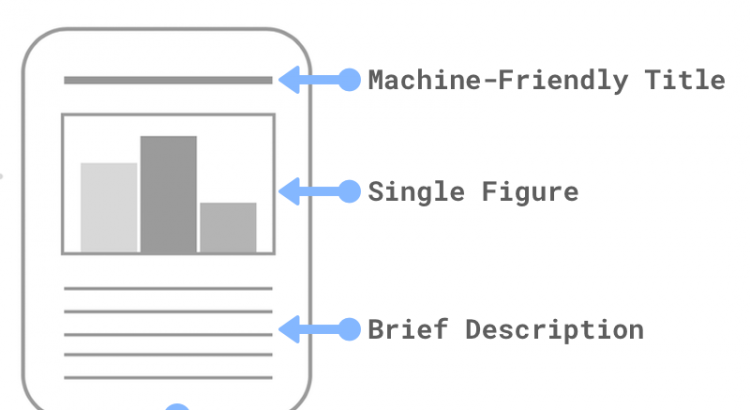Podcast: Play in new window | Download
Subscribe: Spotify | Email | TuneIn |
In a world where it’s “Publish or Perish,” you’d expect “publish” to be the more favorable option.
But, if you’ve ever spent a year or more performing experiments, crafting figures, writing a manuscript, finding a friendly editor and arguing with reviewers, that “perish” option might just sound pretty sweet right about now….
It’s no secret that the publishing industry has an inexplicable choke-hold on the scientific community. A handful of companies exercise editorial control, deciding which findings are permitted to enter the information stream. They charge the researcher who submits the paper, then charge exorbitant fees to the reader to see what was ‘printed.’
While the information age has flooded nearly every aspect of our daily lives, its transformative power sometimes seems to be walled off at the laboratory door.
Luckily, there are a few scientists who are willing to chip away at that wall.
Read More




